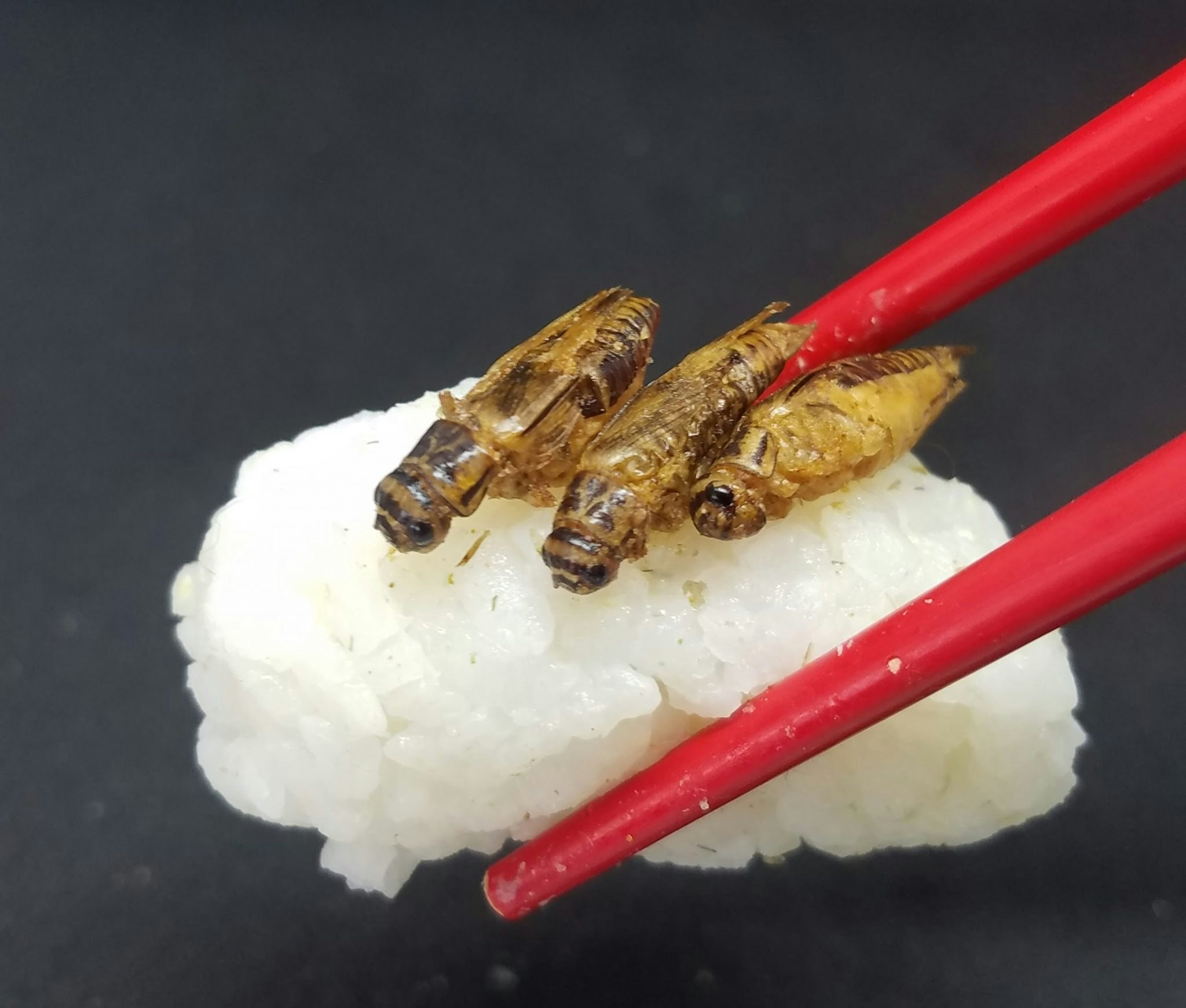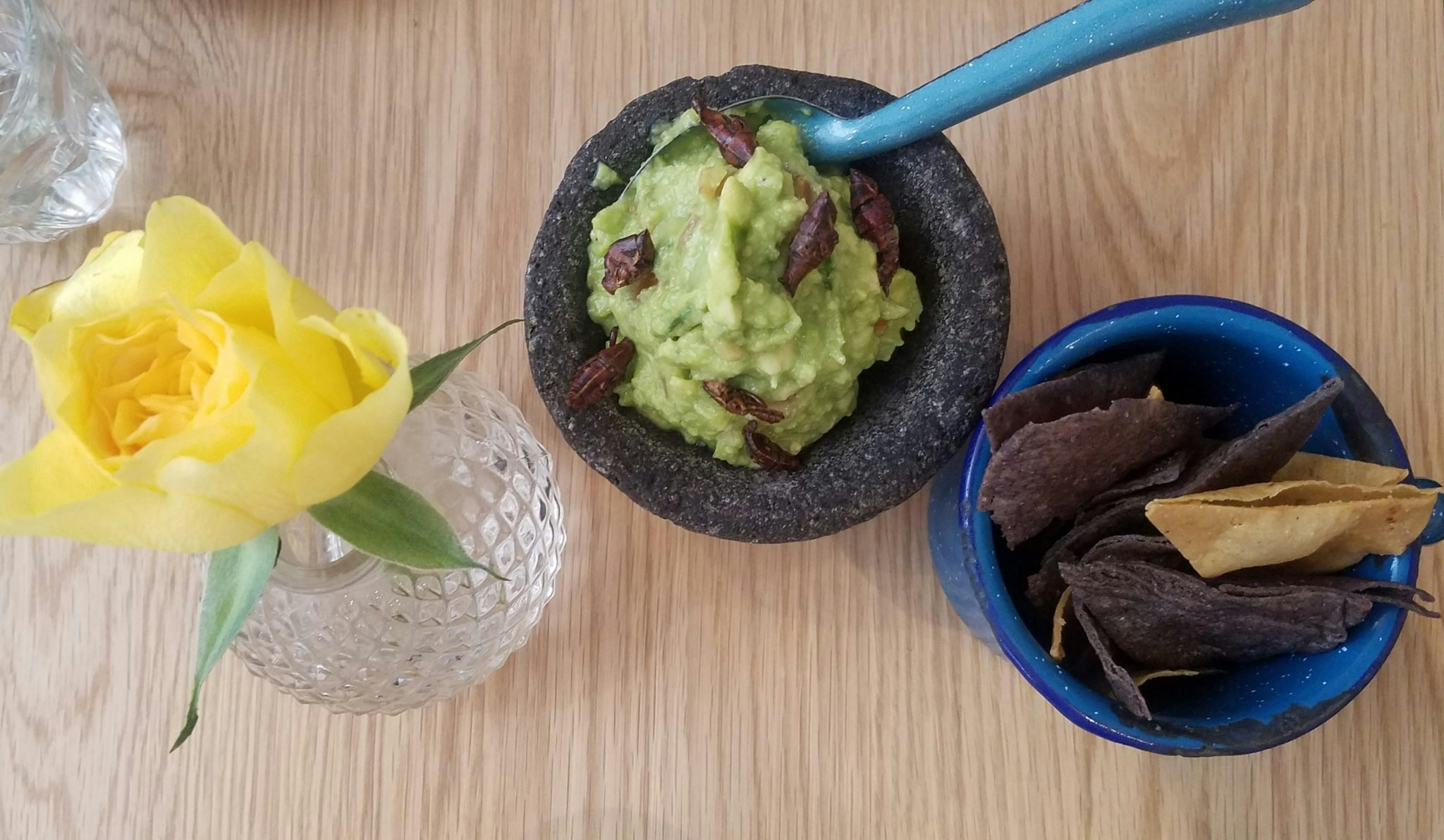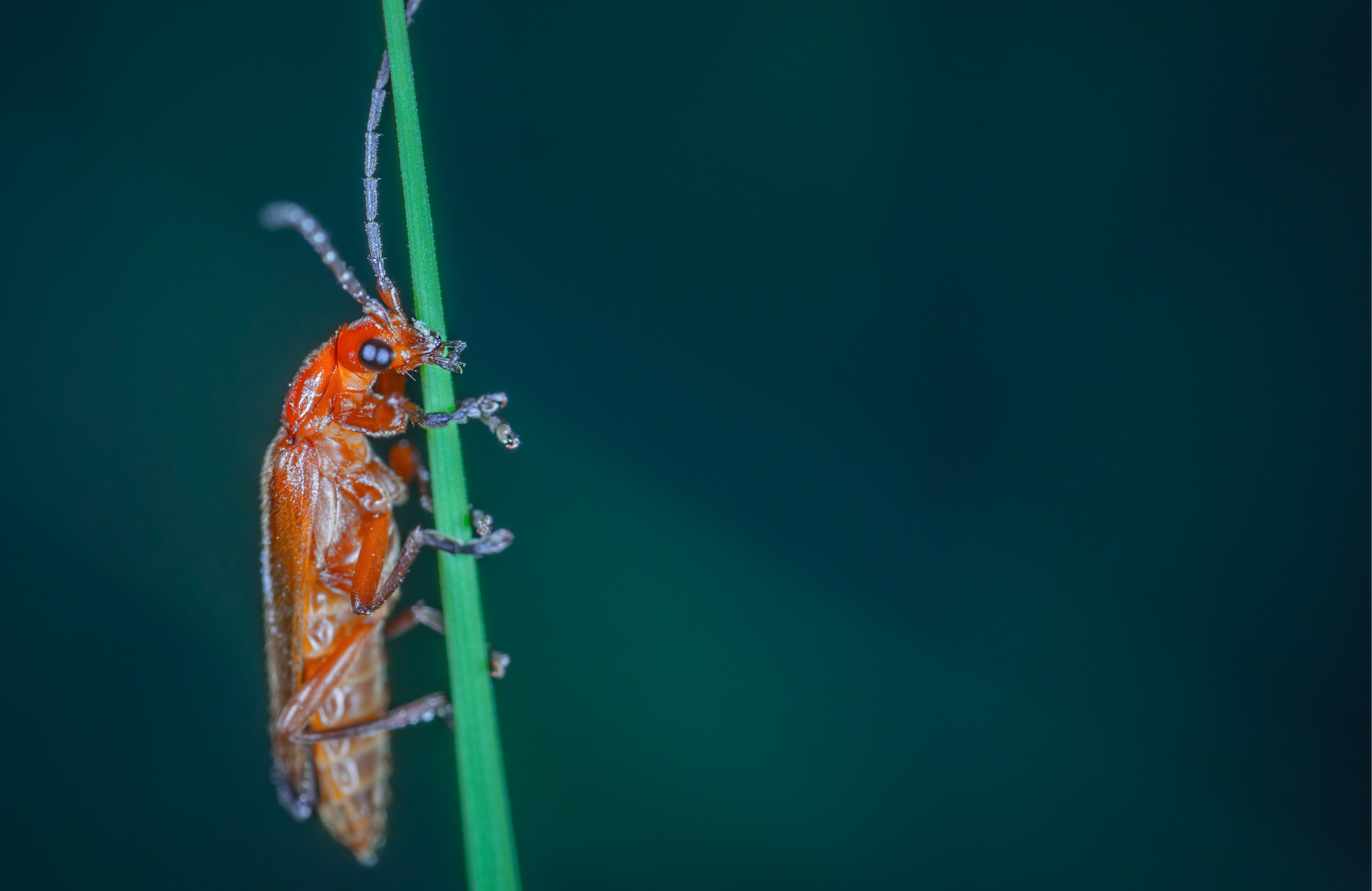Deep underneath the Finnish town of Pyhäjärvi, startup employees can be found sizzling in a sauna. But this isn’t a spa. And the staff aren’t the only ones relishing the heat.
This is EntoCube's €250,000 project in a 60-year-old mine, where edible insects are growing in underground farms, soaking up the 28-degree geothermal heat that seeps from the bedrock.
The EU-backed venture is run in partnership with Callio Pyhäjärvi, an organisation which took over Europe’s deepest metal mine earlier this year to explore new ways of using its underground tunnels.
Founded by Robert Nemlander in 2014, EntoCube specialises in building technology for edible-insect farming.
It also produces a series of edible-insect products, including chilli flavoured cricket “nuts”, cricket granola and cricket powder, which can be added to dishes to improve nutritional value and flavour.
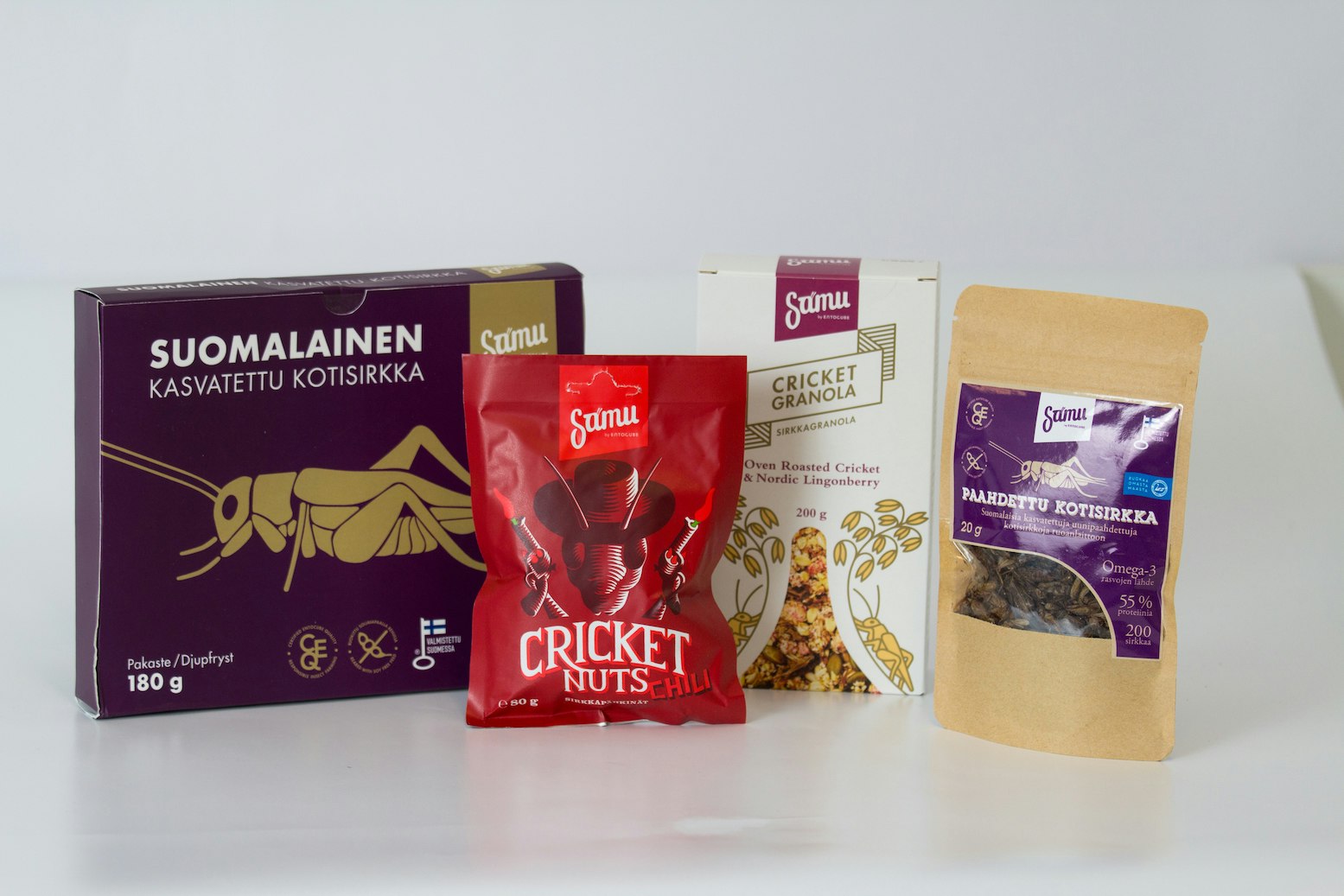
EntoCube set up shop in Pyhäjärvi Mine almost a year ago and has now built a fully-functioning cricket farm, 1,436 metres deep.
The decades-old zinc and copper mine might seem like an odd location for such an endeavour, but it provides unique conditions that are ideal for insect farming.
The key benefit of farming crickets underground, says Nemlander, is that the mine generates geothermal heat, providing free heating. It is this natural heat that powers the underground sauna, which happens to be the deepest sauna in the world.
“At a depth of 1,436 metres at Pyhäjärvi Mine the tunnel temperature is a constant 28 degrees Celsius and it's humid all year round thanks to the natural geothermal heat from the surrounding bedrock,” he says. This puts it at the perfect temperature for crickets to thrive. Other benefits for insect farming include the fact that the mine is a microbe and pest-free environment.
Nemlander isn’t the only one betting big on bugs. Investors, too, are banking on insects being embraced as an environmentally-friendly food source for the future.
Insect companies worldwide received over $160m in funding last year, a three-fold increase on the previous year, according to data from Crunchbase and Rabobank.
The hype over insects is driven by the fact their nutritional makeup makes them a promising alternative protein source — both for people and animals — while their production creates a fraction of the environmental damage to beef and other meats.
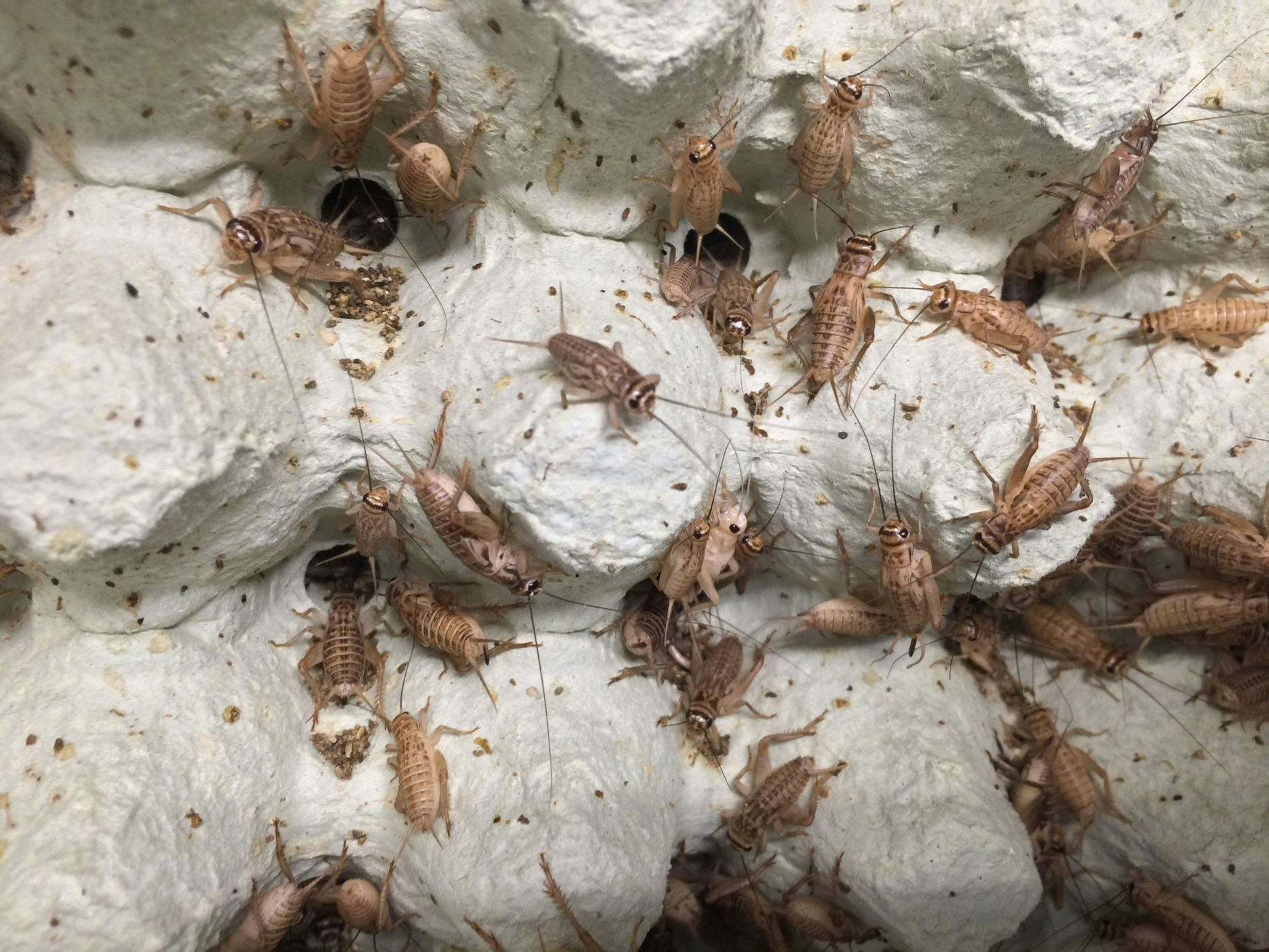
Some of Europe’s most well-funded insect-farming ventures include French startup Ynsect, which raised $125m earlier this year, and Protix, which raised $50m in 2017.
But aside from the “ick factor” associated with the idea of eating them, there’s one key hurdle in the way of bugs becoming the food of the future: unit economics.
Crickets are still more expensive to farm than other livestock like beef or chicken, with primary costs at a traditional cricket farm being labour, heating, feed and disposable living habitats. Yet Nemlander said that EntoCube's automation technology brings the cost of producing crickets closer to that of beef — even without economies of scale.
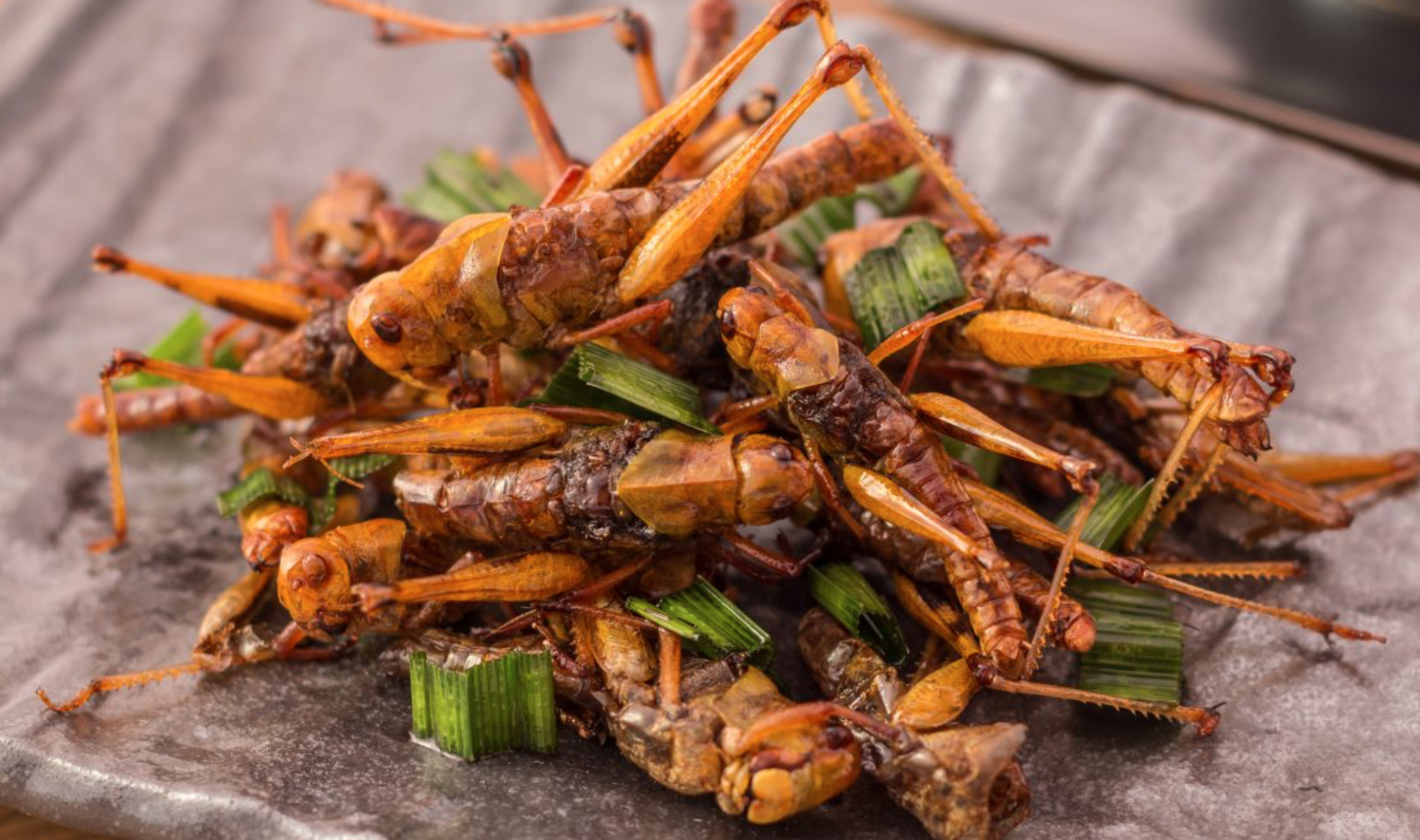
“Automation slices away most of the labour, natural geothermal heat cuts away energy costs and a proprietary feed mix boosts yields,” says Nemlander. The entrepreneur says he plans to “storm the market” with his new automated cricket farming system within the next year.
The farming tech is also being trialled in several other locations and it’s still yet to be decided whether EntoCube will choose to focus its expansion underground. But with 100km of tunnels in Pyhäjärvi Mine there’s plenty of space to grow.

